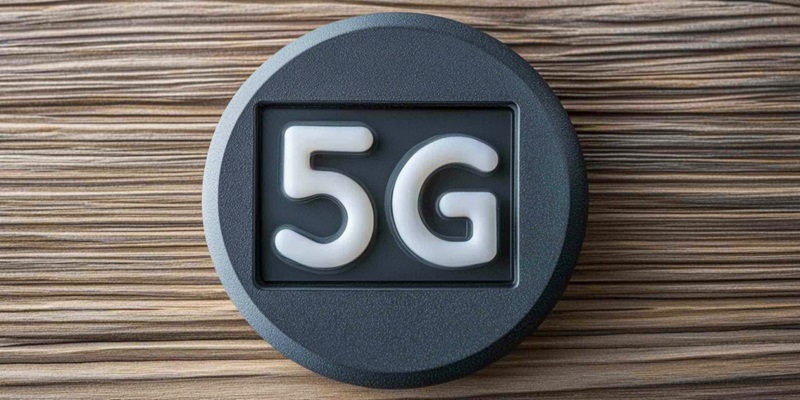The long-standing collaboration between Nokia and NTT DATA has now been formalized through a global go-to-market Radio Access Networks (RAN) agreement, marking a significant transformation in their partnership. Previously, the two companies had been collaborating on regional initiatives without a structured strategy. This official agreement signifies a concerted effort to leverage each other’s strengths to deliver secure and scalable private 5G networks, optimizing operations across various sectors. The decision to formalize this partnership highlights the increasing demand for advanced connectivity solutions, especially in sectors that require robust and mission-critical networks. Both companies have a history of successful projects, such as the deployment of private 5G networks in the City of Brownsville in the US and major German airports.
The new alliance seeks to transform connectivity for a potential market of 3.2 million enterprises. One notable project under this partnership is the deployment of private networks across multiple business parks in Thailand. This project demonstrates their strong commitment to enhancing connectivity in regions that require advanced, flexible, and secure solutions. Another key project is the initiative in Brownsville, Texas, a town previously noted for its low levels of connectivity. The collaborative efforts of Nokia and NTT DATA have significantly elevated the technological landscape of Brownsville, turning it into a model of advanced connectivity. These projects underscore the capabilities of both companies in delivering next-generation connectivity solutions.
Focused Sectors and Potential Extensions
The alliance will primarily focus on key sectors such as ports, airports, smart cities, and Industry 4.0. Nokia’s stronghold in mission-critical solutions and industrial edge innovations makes it an invaluable partner in these initiatives. Meanwhile, NTT DATA brings its extensive experience in technology services to the table. This partnership’s core aim is to deliver scalable private 5G networks, optimized for robust connectivity and tailored to the specific needs of different industries. There is also a potential for extending the collaboration to other sectors such as sports, hospitality, and healthcare, areas where NTT DATA has previously employed solutions from companies like Celona and Cisco.
The strategic integration of Nokia’s private 5G RAN with NTT DATA’s technology services underscores the flexibility in pairing core networks to meet diverse industry requirements. This approach aims to create secure and adaptable networks that can evolve with technological advancements and growing business demands. By pooling their resources and expertise, Nokia and NTT DATA are well-positioned to address the unique challenges faced by various sectors. Their ability to offer customized solutions exemplifies their commitment to fostering technological innovation and digital transformation on a global scale.
Executives’ Perspective and Industry Implications
Nokia and NTT DATA have taken their long-standing collaboration to the next level with a formalized global go-to-market agreement in Radio Access Networks (RAN). This new agreement marks a pivotal shift from their previously unstructured regional initiatives, emphasizing a unified strategy to harness each other’s strengths. Their objective is to deliver secure, scalable private 5G networks to enhance operations across various industries. This formal partnership is in response to the growing need for advanced connectivity solutions, especially crucial for mission-critical networks. Both companies have a track record of successful projects, like the deployment of private 5G networks in the City of Brownsville, Texas, and major German airports.
The alliance aims to revolutionize connectivity for approximately 3.2 million enterprises. Among their notable projects is deploying private networks in several business parks across Thailand, showcasing their commitment to regions needing advanced, flexible, and secure connectivity solutions. Another key initiative is in Brownsville, Texas, where their joint efforts have significantly upgraded the town’s technological infrastructure, transforming it into a model for modern connectivity. These endeavors highlight both companies’ abilities to deliver cutting-edge connectivity solutions.

